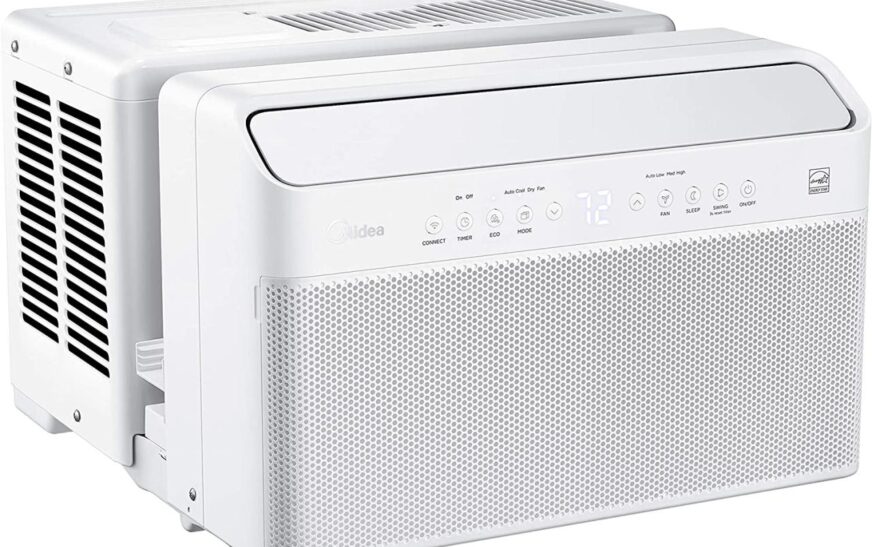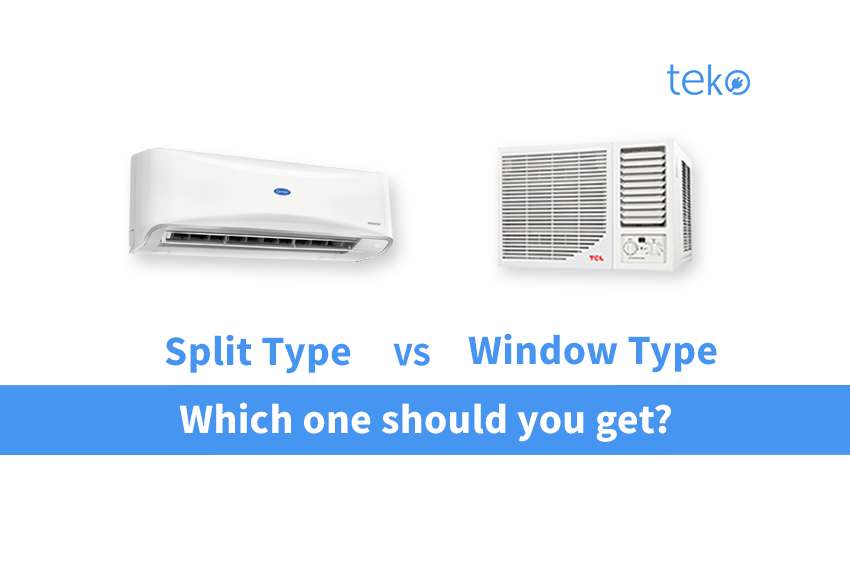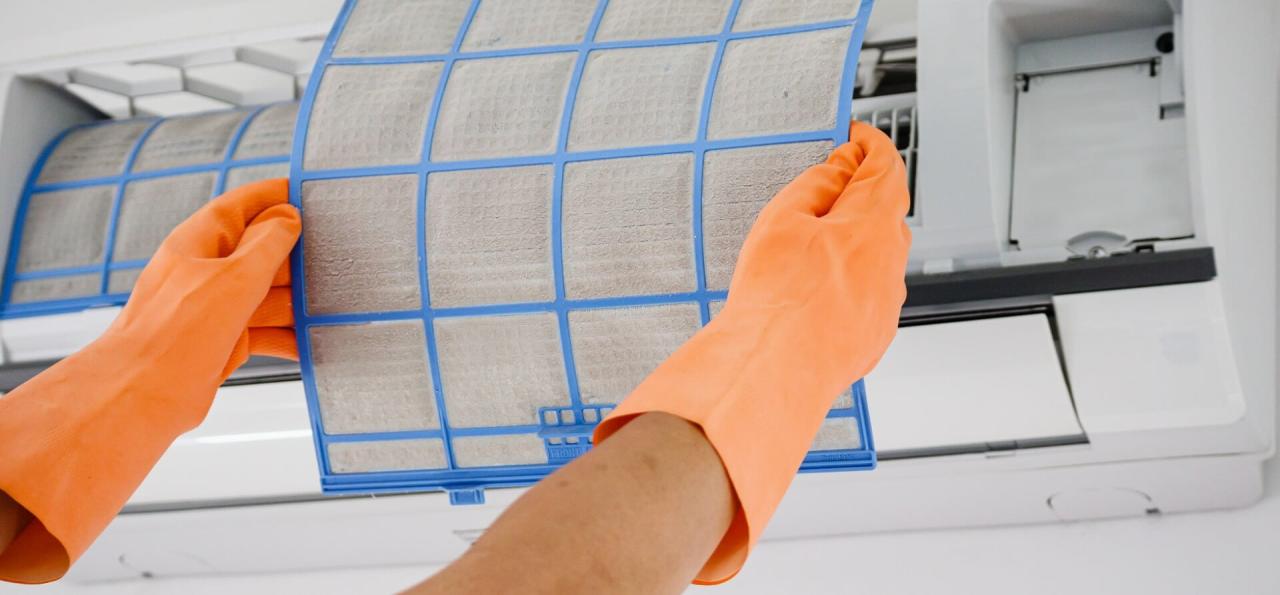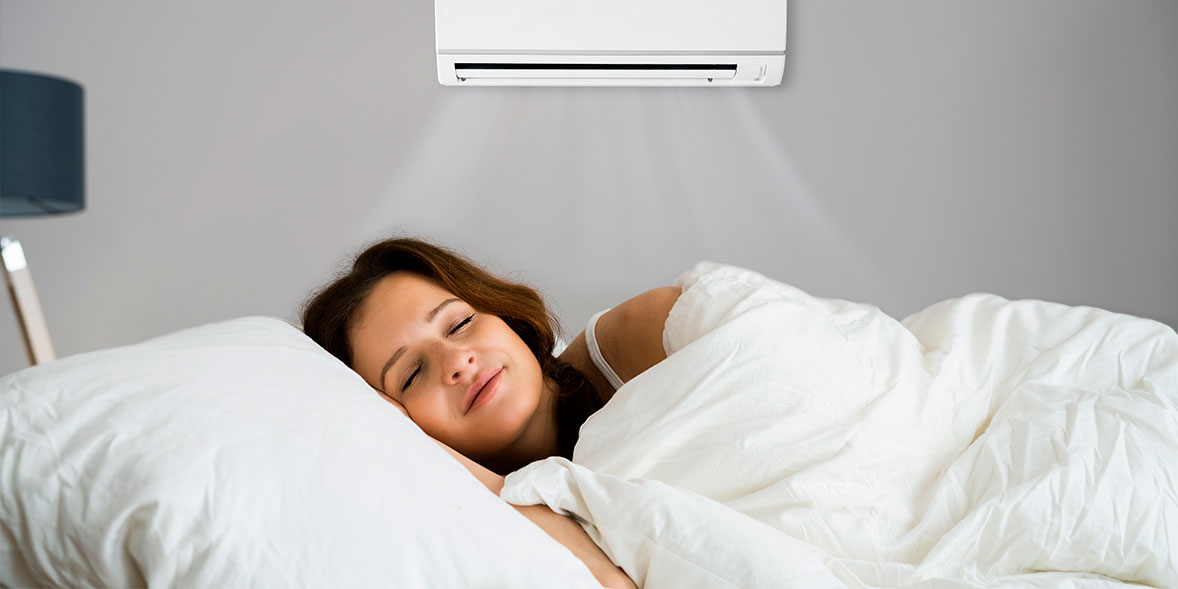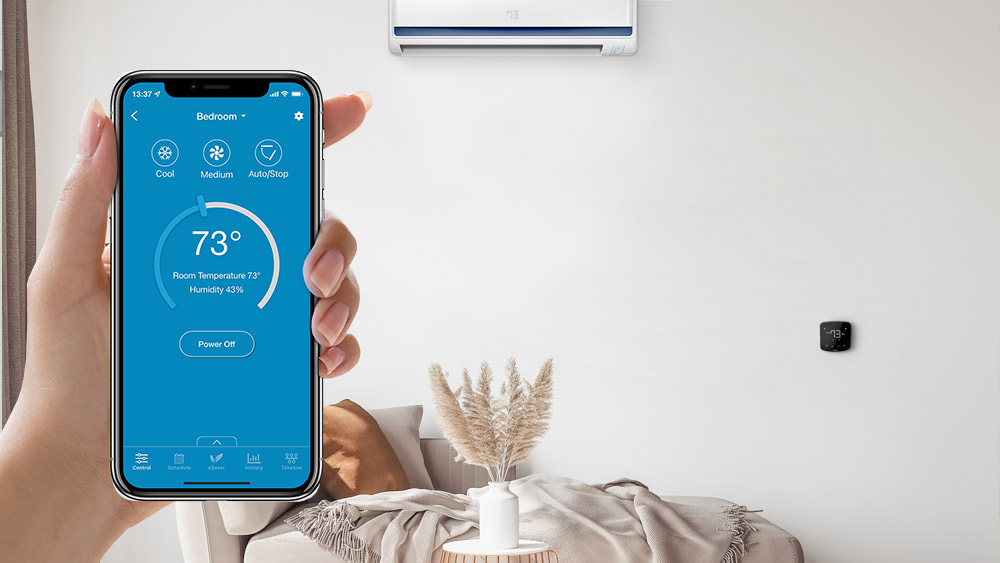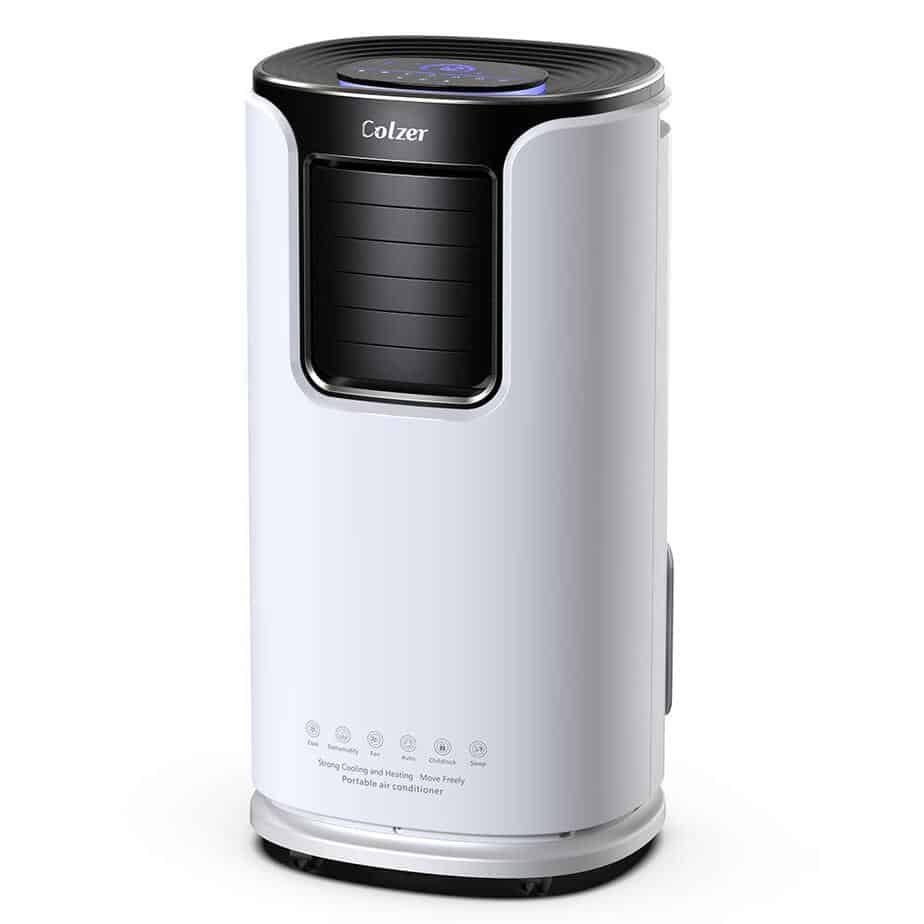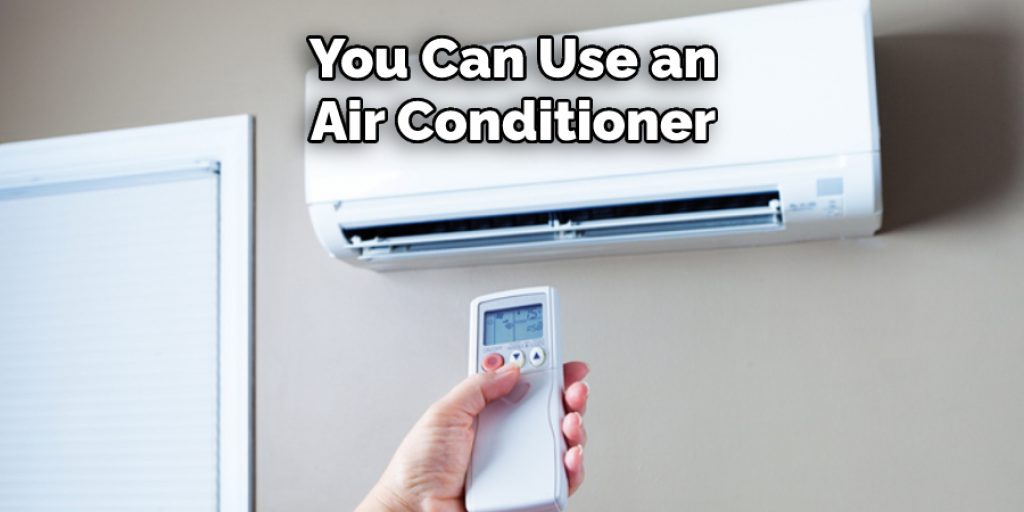Embark on a journey through the realm of energy-efficient cooling solutions with the best inverter air conditioners for low electricity bills. This guide is designed to enlighten readers on the key aspects of inverter technology and its impact on energy consumption, ensuring a cost-effective and eco-friendly cooling experience.
Delve into the intricacies of selecting the right inverter AC model and maximizing its energy-saving potential for a comfortable yet budget-friendly cooling solution.
Researching the Best Inverter Air Conditioners
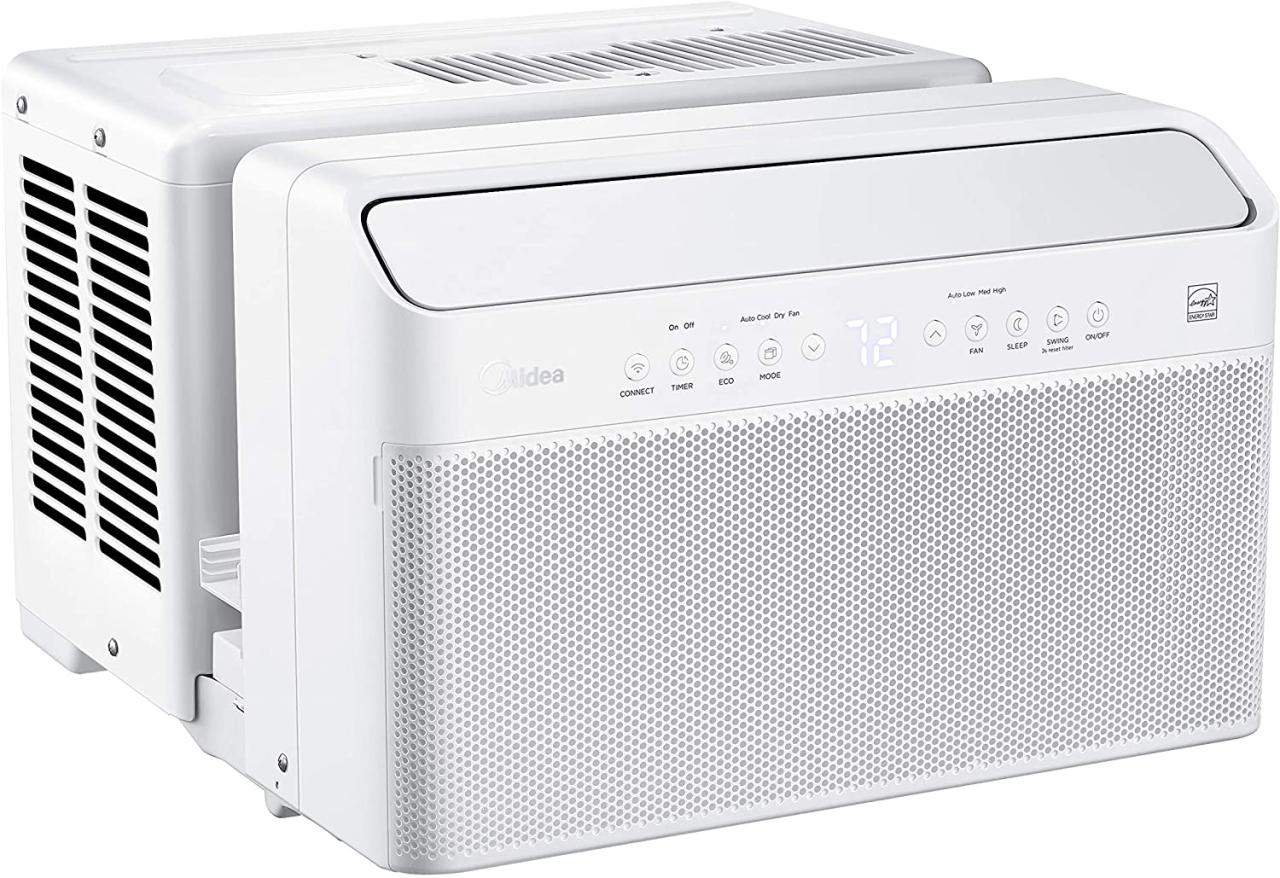
When looking for the best inverter air conditioners to help reduce electricity bills, it's important to consider various factors such as energy efficiency, brand reputation, and key features that can make a difference in energy consumption.
Top Brands Known for Producing Inverter Air Conditioners
- Daikin
- LG
- Hitachi
- Carrier
- Samsung
Comparing Energy Efficiency Ratings
- Energy Efficiency Ratio (EER) and Seasonal Energy Efficiency Ratio (SEER) are important ratings to consider.
- Look for models with higher EER and SEER ratings for better energy savings.
- Models with a higher star rating are generally more energy-efficient.
Key Features to Consider
- Variable speed compressor for better energy efficiency and temperature control.
- Energy-saving modes such as Eco mode or Sleep mode.
- Smart features like Wi-Fi connectivity for remote control and energy monitoring.
- Filter quality and maintenance for better air quality and efficiency.
Importance of Inverter Technology
Inverter technology plays a crucial role in reducing energy consumption by adjusting the compressor speed according to the desired temperature. Unlike traditional ACs that switch on and off, inverter ACs maintain a consistent temperature while using less energy, resulting in lower electricity bills.
Understanding Energy Efficiency
In the realm of air conditioning units, energy efficiency plays a crucial role in determining the overall cost of operation and impact on electricity bills. By understanding key concepts like SEER ratings and the difference between inverter and non-inverter ACs, consumers can make informed decisions to reduce energy consumption and save money.
SEER (Seasonal Energy Efficiency Ratio)
The SEER rating of an air conditioner is a measure of its energy efficiency over a typical cooling season. A higher SEER rating indicates greater energy efficiency, meaning the unit will consume less electricity to provide the same cooling output.
For example, a 16 SEER AC unit will be more energy-efficient than a 13 SEER unit, resulting in lower electricity bills over time.
Difference between Inverter and Non-Inverter ACs
Inverter air conditioners use variable speed compressors that adjust the cooling output based on the room's temperature requirements. This results in more precise and efficient cooling, as the unit does not have to constantly turn on and off like non-inverter ACs.
As a result, inverter ACs consume less energy and are generally more energy-efficient than their non-inverter counterparts.
Tips for Maximizing Energy Savings with Inverter ACs
1. Set the temperature to an optimal level
Keeping the thermostat at a moderate temperature can help reduce energy consumption.
2. Regular maintenance
Cleaning or replacing air filters, checking for leaks, and ensuring proper insulation can improve the efficiency of the AC unit.
3. Utilize the timer function
Programming the AC to turn on and off at specific times can help manage energy usage.
4. Opt for energy-saving modes
Many inverter ACs come with energy-saving modes that can further reduce electricity consumption.
Installation and Maintenance Tips
Proper installation and regular maintenance are crucial for maximizing the efficiency of inverter air conditioners and keeping electricity bills low.
Proper Installation Procedures
- Ensure the AC unit is installed on a stable and level surface to prevent vibrations and noise.
- Properly seal any gaps around the unit to prevent air leaks and maintain efficiency.
- Position the outdoor unit in a well-ventilated area with plenty of space for airflow.
- Consult a professional technician to ensure correct sizing and placement of the unit for optimal performance.
Importance of Regular Maintenance
Regular maintenance is essential for preserving the energy efficiency of inverter air conditioners and extending their lifespan.
- Regularly clean or replace air filters to prevent dust buildup and improve airflow.
- Inspect and clean the evaporator and condenser coils to ensure efficient heat exchange.
- Check for refrigerant leaks and ensure proper refrigerant levels for optimal cooling performance.
- Schedule annual professional maintenance to inspect and tune up the AC unit for peak efficiency.
Cleaning and Servicing Guidelines
- Use a soft brush or vacuum to clean the air filters every month to maintain airflow and efficiency.
- Clean the outdoor unit regularly to remove debris and ensure proper airflow for heat exchange.
- Schedule professional servicing to inspect and clean internal components for optimal performance.
Placement and Sizing for Lower Electricity Bills
- Proper placement of the AC unit away from direct sunlight and heat sources can reduce energy consumption.
- Correct sizing of the unit based on room dimensions ensures efficient cooling without excess energy usage.
- Utilize programmable thermostats and energy-saving modes to further reduce electricity bills.
User Experience and Reviews
Inverter air conditioners have gained popularity for their energy-saving capabilities, but what do real users have to say about their experience with these appliances? Let's explore some common feedback and reviews to get a better understanding.
Impact on Electricity Consumption
- Many users have reported significant reductions in their electricity bills after switching to inverter air conditioners. Some have seen savings of up to 30% compared to traditional AC units.
- Users appreciate the ability of inverter ACs to adjust compressor speed based on cooling needs, resulting in more efficient energy utilization.
- Overall, the consensus among users is that inverter air conditioners are a worthwhile investment for long-term energy savings.
Common Issues and Troubleshooting
- Some users have experienced issues with noise levels from inverter AC units, particularly when the compressor kicks in. This can often be resolved by proper installation or maintenance.
- Occasional fluctuations in temperature settings have been reported by users, which may require recalibration or adjustment of the thermostat.
- Regular cleaning and servicing of inverter air conditioners are essential to prevent issues such as reduced cooling efficiency or compressor failure.
Comparison of Customer Reviews
- When comparing different inverter AC models, users tend to prioritize energy savings and cooling performance. Models with higher energy efficiency ratings and smart features are often favored.
- Customer reviews often highlight the ease of use and programmable settings of inverter air conditioners, allowing for customized cooling preferences and scheduling.
- Users also appreciate the quieter operation of inverter AC units compared to non-inverter models, contributing to a more comfortable indoor environment.
Additional Features for Energy Efficiency
- Some inverter air conditioners come equipped with advanced sensors that detect room occupancy and adjust cooling output accordingly, reducing energy waste.
- Smart Wi-Fi connectivity allows users to control their AC units remotely, optimizing energy consumption based on real-time usage patterns.
- Energy-saving modes and eco-friendly refrigerants are other features that contribute to the overall efficiency of inverter air conditioners, making them a sustainable choice for environmentally conscious consumers.
Last Point
In conclusion, the quest for the best inverter air conditioner for low electricity bills unveils a world of innovation and efficiency. By understanding the nuances of energy-efficient cooling solutions, one can make informed choices that not only reduce electricity expenses but also contribute to a sustainable future.
Question Bank
What are the top brands known for producing inverter air conditioners?
Some top brands recognized for manufacturing inverter air conditioners include Mitsubishi Electric, Daikin, LG, Panasonic, and Samsung.
How does SEER (Seasonal Energy Efficiency Ratio) impact the choice of an energy-efficient inverter AC?
SEER rating indicates the efficiency of an air conditioner. A higher SEER rating signifies better energy efficiency, resulting in lower electricity bills.
What maintenance tips should be followed for inverter air conditioners?
Regular maintenance, including cleaning and servicing, is crucial for maintaining energy efficiency in inverter AC units. Proper installation and sizing also play a significant role in lowering electricity bills.
What are some common user issues with inverter air conditioners and how can they be resolved?
Common issues include refrigerant leaks, sensor problems, or compressor issues. Troubleshooting involves professional inspection and repair by certified technicians.
Are there any additional features in inverter air conditioners that enhance energy efficiency?
Some models come with advanced features like smart sensors, sleep modes, or dual inverter compressors that contribute to increased energy savings.

